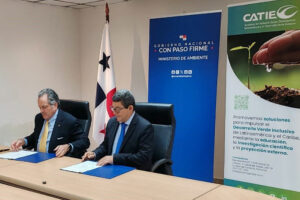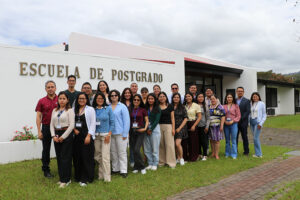CATIE and the Region of Junín (Peru) formalize accession and agreements to strengthen coffee, cacao, and plantain
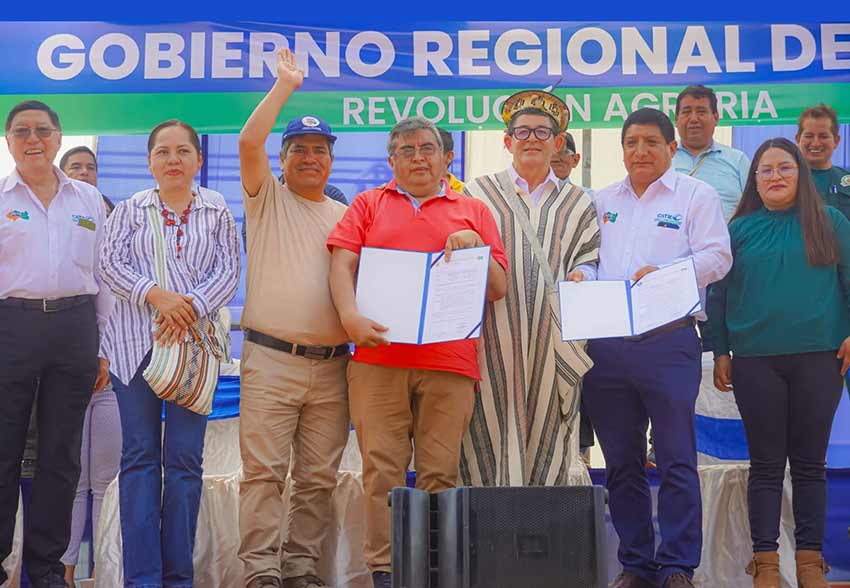
- The signing ceremony was held on August 22, 2025, and brought together more than 2,500 producers and authorities; the agreement prioritizes technical assistance, training, and technology transfer
The Regional Government of Junín and CATIE (Tropical Agricultural Research and Higher Education Center) formalized Junín’s accession to CATIE and also signed cooperation agreements that promote the sustainable development of three strategic value chains: coffee, cacao, and plantain. The event was attended by the region’s senior leadership, universities, and a broad representation of producers from the area.
During the ceremony, Dr. Luis Pocasangre, Director General of CATIE, emphasized that the purpose of the alliance is to train producers, technicians, and decision-makers to sustainably strengthen the prioritized chains in the territory. In recognition of the collaboration, local authorities honored the Director General with the traditional Quechua garment “Kushma.”
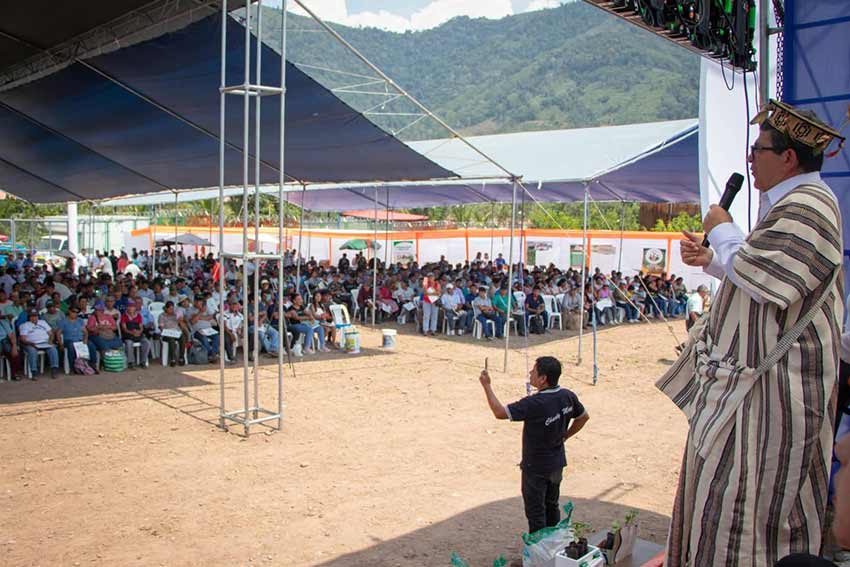
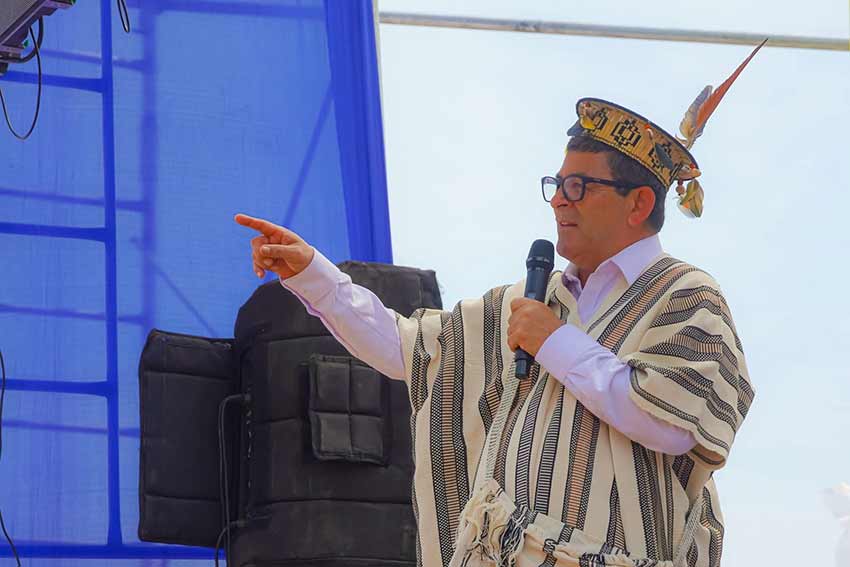
The agreement—whose text was read in a solemn session—establishes, in its first clause, that the Region of Junín joins CATIE as an associate member and assumes payment of the membership fee for 2025. The signing was led by the Development Management of the Regional Government and the Governor of Junín, Mr. Zósimo Cárdenas.
As part of the agenda, a scientific delegation from CATIE visited the Junín Regional Coffee Institute, a modern complex with specialized laboratories (including micropropagation, biotechnology, phytopathology, soils, nematology, and coffee quality), auditoriums for 300 people, training rooms, and lodging for 50 participants. Under the agreement, CATIE will support the commissioning of these facilities for applied research, training, and technology transfer.
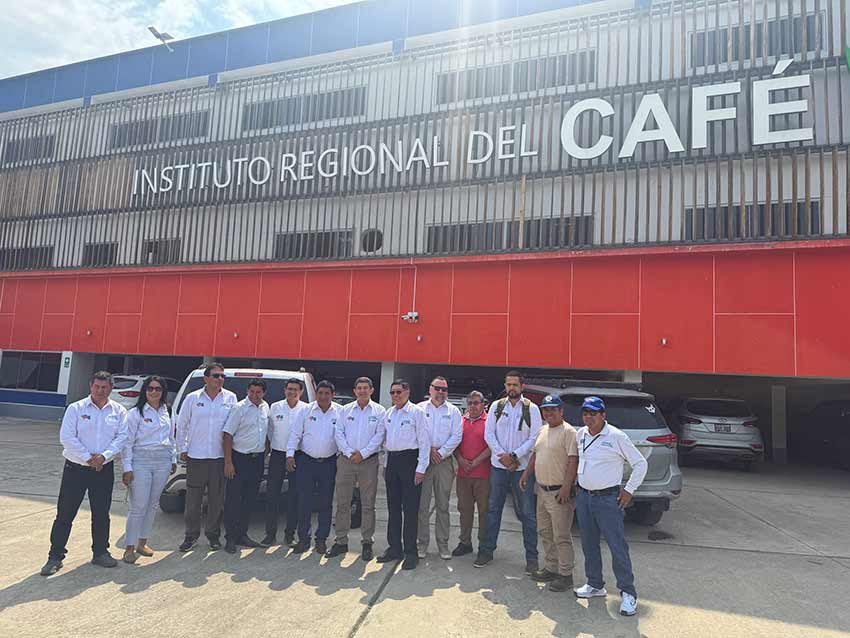
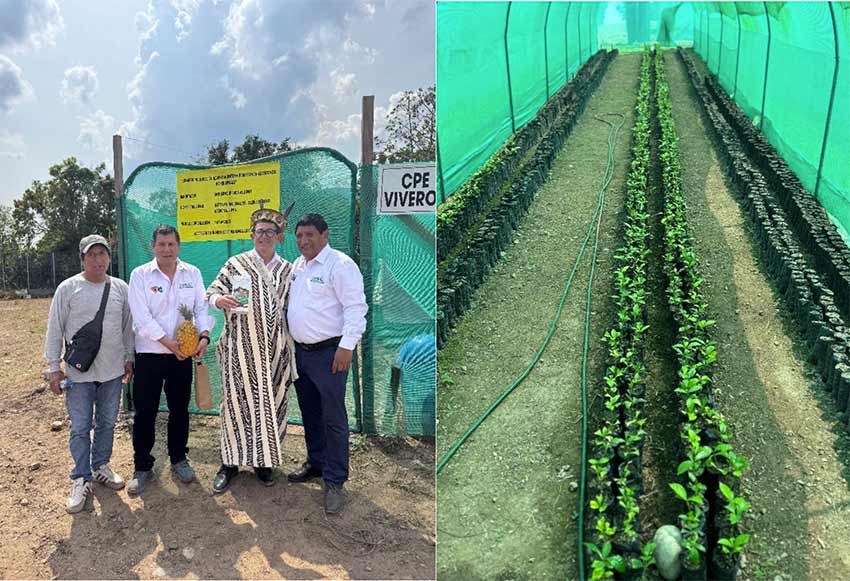
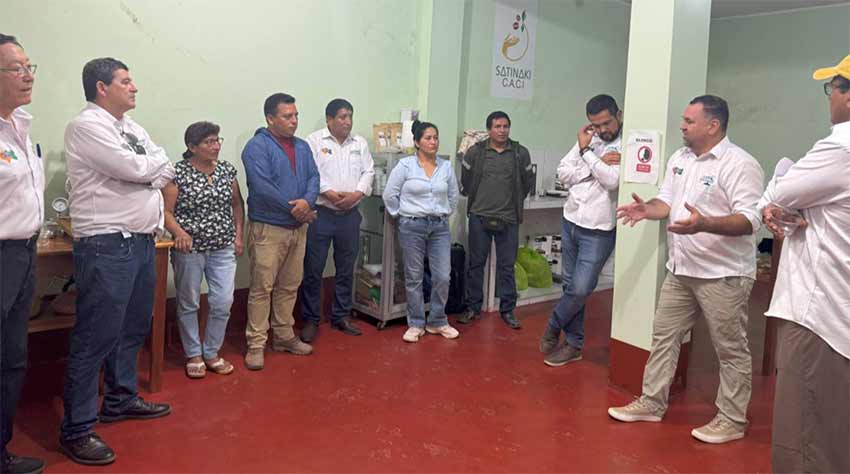
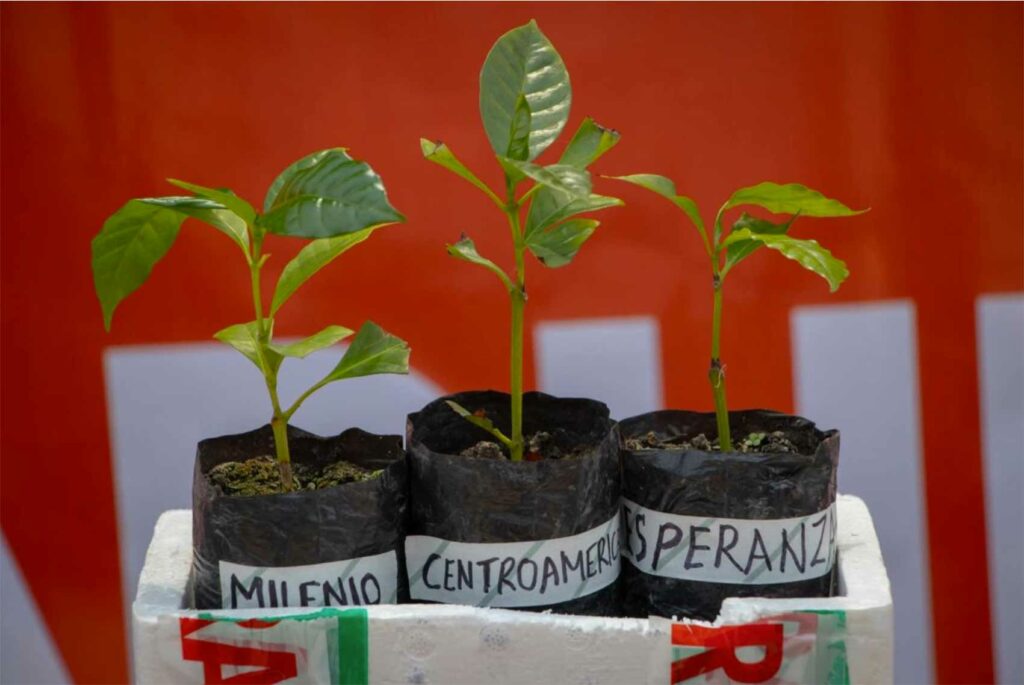
The cooperation also includes germplasm transfer: three elite coffee hybrids from CATIE (Centroamericano, Milenio, and Esperanza) are currently in quarantine as a basis for future validation and scaling activities with producers in the region. In addition, local diversity will be enriched with improved varieties and wild materials. A similar approach will be developed for cacao and plantain.
In the academic sphere, an agreement was signed with the Universidad de la Selva Central del Perú (UNISCJSA) to collaborate on forest management and restoration in the Central Selva. The university is part of the Model Forest Network of Latin America and the Caribbean, whose secretariat is housed at CATIE, opening opportunities for collaborative research and local talent development.
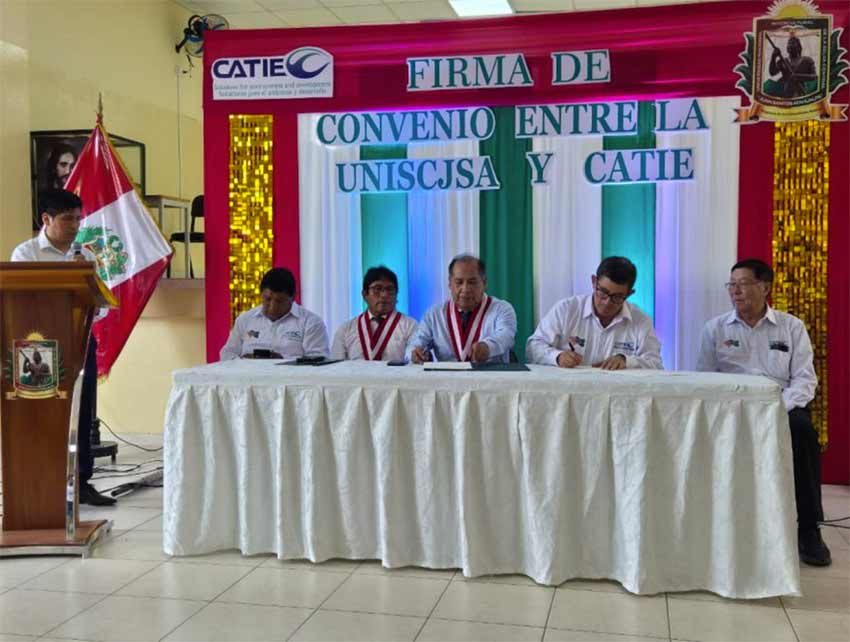
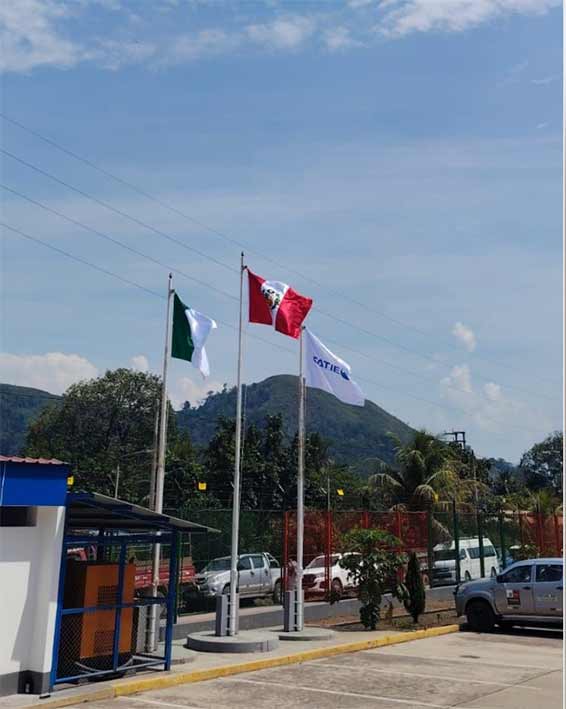
An important component of this cooperation focuses on supporting the coffee, cacao, and plantain value chains. Additionally, it is expected that production systems for the three crops will be established in biodiverse agroforestry systems to adapt to climate-related challenges. There is also an emphasis on forest conservation to ensure zero-deforestation production, as well as on promoting sustainable agribusiness.
It is expected that, in the three coffee, cacao, and plantain projects, two-way training will be carried out both in the Junín region and at CATIE, to strengthen the training of technicians, producers, and community leaders. It is also expected that youth from Junín will pursue master’s programs at CATIE’s Graduate School and receive ongoing training in the three crops.
The day, which brought together more than 2,500 producers and dozens of regional authorities, marked the beginning of a phase of joint work aimed at improving the productivity, climate resilience, quality, and market integration of the coffee, cacao, and plantain value chains in Junín, with the technical support and accumulated experience of CATIE.
Written by:
Karla Salazar Leiva
Communicator
Communications and Marketing Office
CATIE
karla.salazar@catie.ac.cr

